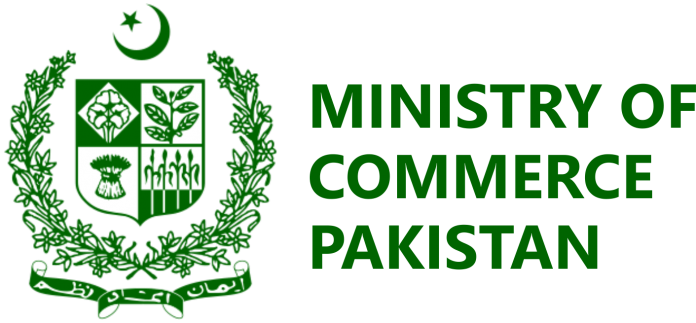ISLAMABAD: As the United States under President Donald Trump imposes a 29% tariff on Pakistani products, the Ministry of Commerce (MoC) has begun reviewing trade strategies, including possible tariff relaxations and incentives for the US, to mitigate the potential impact on Pakistan’s exports.
According to sources, the Tariff Wing of the ministry, along with other relevant departments, is currently assessing the Pakistan-US trade relationship in preparation for expected negotiations with American counterparts. The government is aiming to convince the US to ease the new tariffs and reduce the shock to Pakistan’s export sector.
The Trump administration has justified the move as part of broader efforts to address trade imbalances and promote American-made goods. In response, Pakistani officials are also reviewing any existing barriers that may hinder imports from the US, signaling a willingness to offer reciprocal trade facilitation.
Insiders believe that despite the tariff hike, opportunities may still exist for Pakistan to enhance its market share by outperforming competitors facing even higher tariffs.
A key consultative meeting was held at the Ministry of Commerce on Monday, chaired by Federal Minister for Commerce Jam Kamal Khan, where stakeholders discussed strategic options. The session was attended by over 50 top exporters, importers, and representatives from key sectors, including textiles, garments, leather, surgical instruments, services, agriculture, and footwear.
According to insiders, the exporters have also suggested the ministry to think about counter tariff measures or look into increasing imports from the US to rationalize the bilateral trade, a key demand must be in the bilateral talks.
Pakistan’s textile sector, which forms the bulk of the country’s $5.5 billion annual exports to the US, is expected to be the hardest hit by the new tariffs.
“The Ministry is actively developing a comprehensive response strategy, and we’re committed to a mutually beneficial outcome,” said Minister Jam Kamal Khan. He assured exporters of the government’s full support and emphasized the importance of a collaborative approach.
In a statement issued Monday, the MoC highlighted the importance of public-private cooperation, noting that trade officers and ambassadors in the US are in continuous contact with relevant American authorities to advocate Pakistan’s position.
Prime Minister Shehbaz Sharif has also taken notice of the development, forming a high-level working group and steering committee under Finance Minister Mohammad Aurangzeb to coordinate a national response.
President Trump’s decision to impose additional tariffs on 60 countries came as a surprise to many in Islamabad, especially since Pakistan does not feature prominently among countries with which the US has significant trade deficits. Pakistani officials noted that the US already maintains a higher trade-weighted average tariff than Pakistan and that Islamabad ranks 33rd on the US trade deficit list.
Business leaders welcomed the ministry’s proactive stance, appreciating the inclusive dialogue and the assurance of coordinated government support. During the meeting, Minister Khan sought input from industry representatives to help shape a robust and forward-looking trade strategy.
The session concluded with renewed confidence from the private sector in the ministry’s efforts to protect national trade interests and navigate the evolving global trade landscape.




